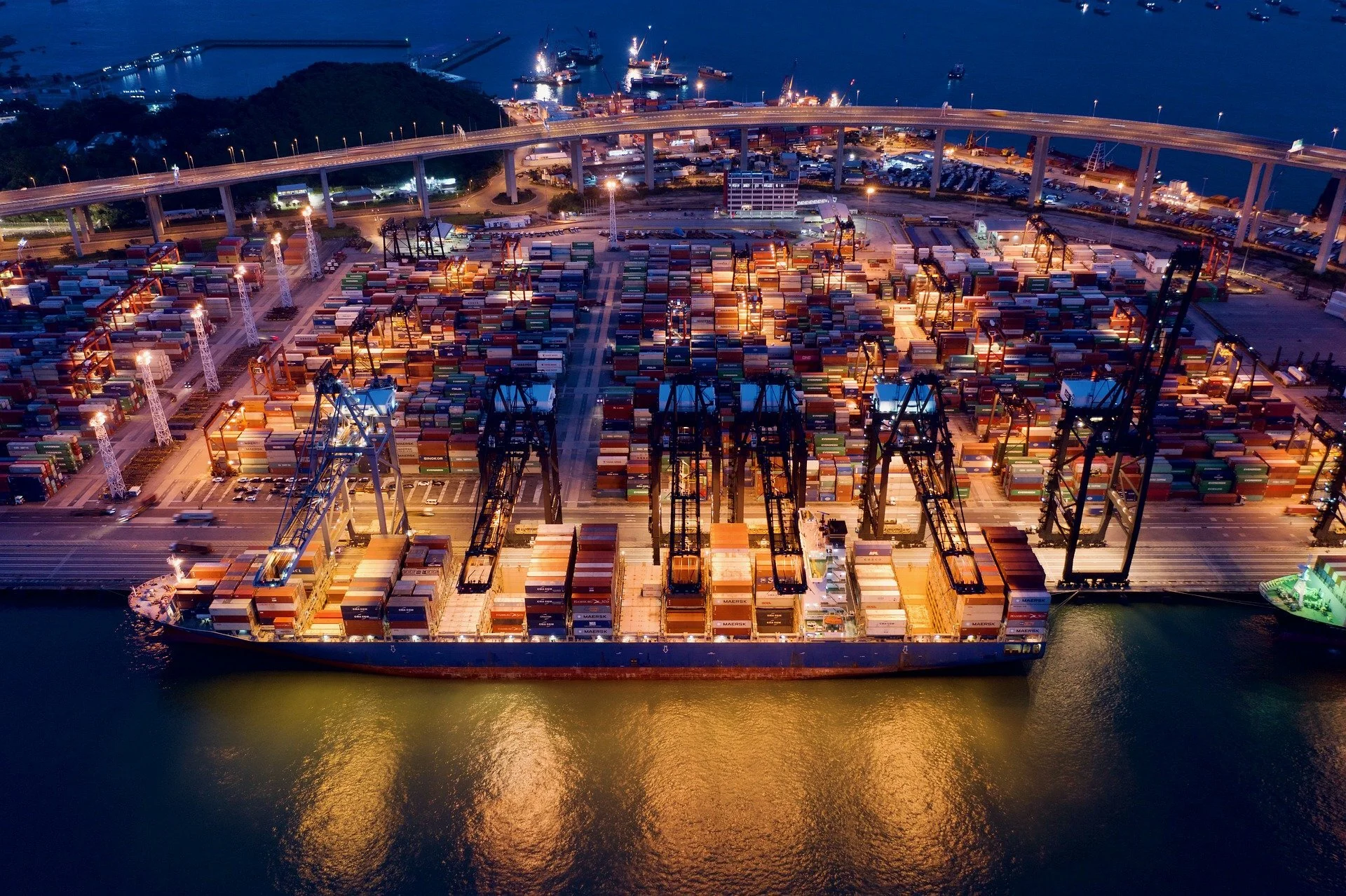Written by Jacob Stokes
Biden’s prioritisation of allies and close partners could leave the rest of the region’s states unsure about their role and those of the region’s legacy multilateral institutions, such as ASEAN and the East Asia Summit.
Read More
















